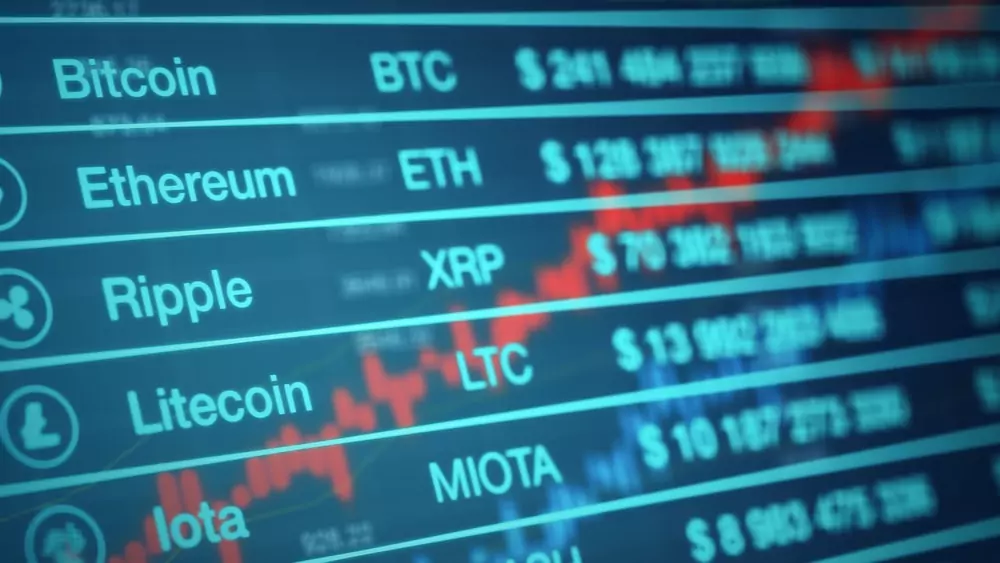

This article was first published in IFN Volume 18 Issue 18 dated 5 May 2021
The world of blockchain and crypto assets is constantly evolving. A new development in Islamic crypto assets was announced recently with the launch of Caizcoin, the first cryptocurrency that is fully Shariah compliant. Caizcoin is akin to conventional cryptocurrencies such as Bitcoin and is built on a decentralized blockchain. It is the first official Islamic compliant blockchain and cryptocurrency that has the blessing of scholars.
The development of a Shariah compliant cryptocurrency is not only an exciting innovation for Muslims but also for non-Muslims who are interested in ethical investing. The whitepaper for Caizcoin mentions that the e-wallet that holds the tokens will be kept separate from haram activities.
Furthermore, the crypto currency will only invest in Halal activities and the tokens may also be used to make Zakat payments to charities. In order to achieve these objectives, the detail will lie in the construction of the blockchain on which Caizcoin is hosted. This then leads onto another question: what makes a blockchain on which a cryptocurrency is hosted Shariah compliant?
The blockchain
A blockchain is a decentralised ledger comprising of 'blocks' that records transactions. The blocks are hosted across a large network of computers and each block carries a piece of code linking it to the prior block in the chain. The transaction record in one block cannot be altered retroactively without altering the records in all subsequent blocks. The security of the block chain is protected by verifying the transactions on each block in a chain hosted on different computers in the network.
Since a ledger is simply a record of transactions, it does not necessarily require compliance with Shariah as Islamic financial institutions adopt modern accounting principles. However, the underlying transaction which the ledger records do need to be Shariah compliant, which brings us onto 'smart contracts'.
What are smart contracts?
Smart contracts, like blockchains, are another disruptive technology that is rapidly gaining users. A smart contract is a computer program that helps to facilitate the transfer of assets subject to compliance with an established set of parameters established at the outset.
Instead of relying on paper-based agreements, a smart contract could for example authorize the issuance of a Sukuk to a buyer subject to that buyer inputting the correct data which meets with the Sukuk issuer's Shariah and financial compliance requirements.
The same concept would apply to the issuance of new cryptocurrency tokens to users or authorize the exchange of a token for a real-world asset. A hybrid of modern technology alongside long established Islamic principles of exchange.











